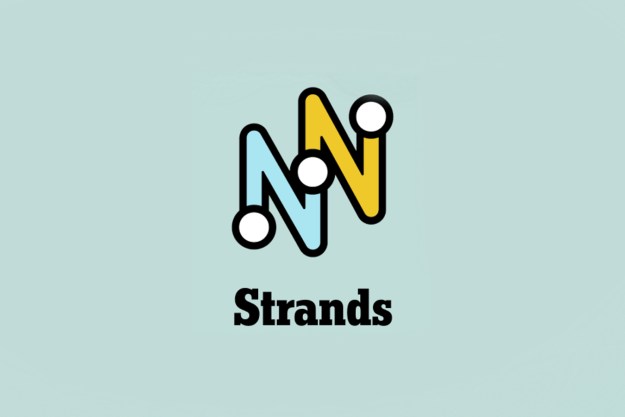
The problem with crowdfunding is there’s always a chance you’ll encounter malicious attempts to dupe users. The Daily Dot reports that a commenter on a sports site discovered that a Kickstarter project to develop a college football game with the support of Jamal Anderson, a former Atlanta Falcons running back, didn’t quite add up. CM Hooe, the commenter in question from OperationSports.com, eventually discover that the $500,000 the project was trying to raise was probably going to end up in the pockets of the campaigners, and that the promises were more than likely to never get fulfilled.
The Kickstarter project was consequently canceled once it was publicly exposed, and Anderson took a step back from the team, announcing on Twitter that he had no part in the Kickstarter project. Although that type of claim is hard to believe when Anderson is the owner of Jam Entertainment, the very company that the project’s founders, Dirty Bird Sports, partnered with on this project.
So where exactly did the bid go wrong? For starters, Dirty Bird Sports were making elaborate claims that included acquiring the rights to use sports teams and players in a NCAA college football game that would be created for both Xbox 3 and Playstation 3. Dirty Bird was claiming to acquire the rights to 689 teams – bear in mind that a gaming behemoth like EA Sports only has the rights to 123 teams.
The clincher that sealed Dirty Bird Sports’ fate was when CM Hooe did some sleuthing and uncovered images credited as in-game screenshot that were in fact just images lifted from a 3D artist on TurboSquid. A finding like this leads you to believe that the game, despite Dirty Bird’s claims declaring otherwise, was never created in the first place.
If you have plans on starting a Kickstarter project, one word of advice that you might want to keep in mind is to be honest. An accusation of fraud (whether right or wrong) is not the best first impression for a fledgling company or product to make.
In an email response to The Daily Dot, a spokesperson from Dirty Bird Sports made it clear that its Kickstarter campaign wasn’t a scam: “That is simply not true,” the email states.
The company says the $500,000 it was raising from Kickstarters would have gone into licensing, advertising, and developing the software. In other words, it’s an admission that the product hadn’t yet been developed. For one thing, Kickstarter has banned photorealistic renderings or simulations of prototypes that don’t exist at least for hardware and product design projects.
As for the 3D model that the company lifted, the spokesperson tiptoes around the fact that the images were technically stolen and chalks it up to borrowing the images with, “every intent to purchase the 3D models once our goal was reached.”
Dirty Bird Sports heavily emphasizes that its project was not a scam, and that the company hadn’t taken down the Kickstarter project just because it was “caught.” Even if we were to believe the company’s defense, the project was a major error that Dirty Bird Sports might not be able to outlive. The company says that it will be back, the next time with the appropriate funding and licensing, and that the parties responsible have been let go. But would anyone be willing to give the company a second chance when it comes to donating our money to their efforts? They’ll be hard-pressed to find a sympathizer.
Edit: We wrote earlier that prototypes were required, but we’ve edited the statement above to clarify that Kickstarter prohibits campaigners of hardware and design projects from misleading users with false simulations or renderings of products that have yet to be prototyped.


